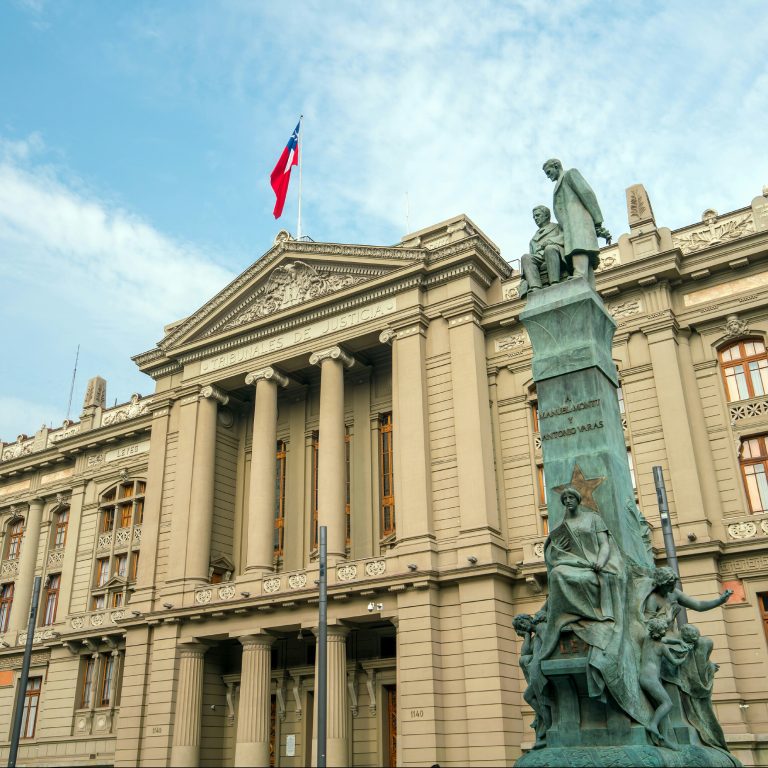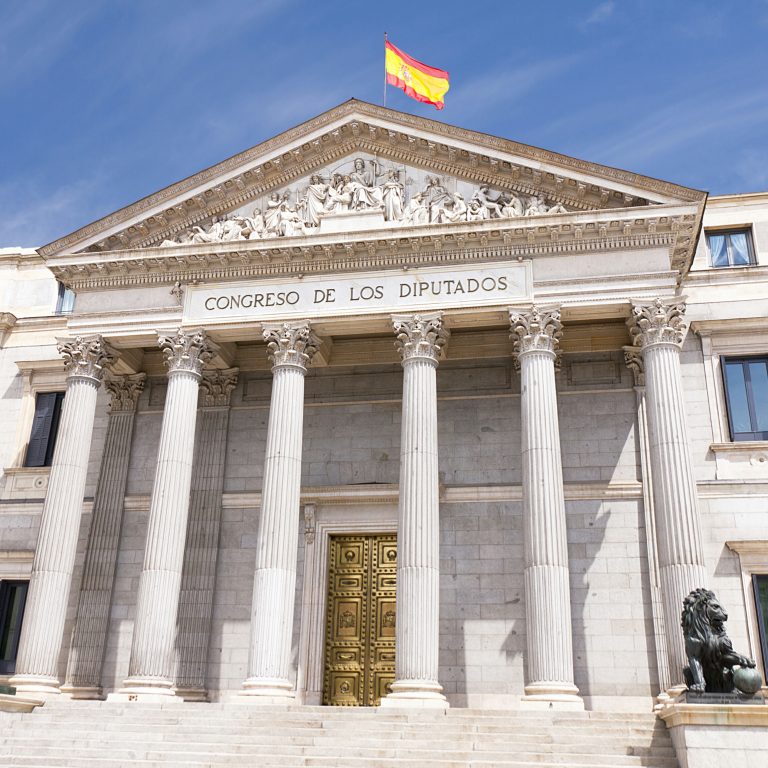2019-2-5 17:24 |
One of the biggest arguments that naysayers of cryptocurrency like to bring against it is the concept of money laundering.
A recent report in September last year in the Wall Street Journal indicated that criminals used cryptocurrency exchanges in the laundering of $90 million in the last two years, though much of the report had to do with ShapeShift, a crypto to crypto exchange in the United States that omits information about the traders during these transactions.
In response to the report, CEO Erik Voorhees of ShapeShift provided multiple examples that shown the WSJ’s misunderstanding of the difference between dubious transactions and everyday activity. He even ventured as far as to accuse this major publication of “omitting relevant information” and of being “under pretenses” when collaborating with the team.
It was clear that Voorhees would quickly defend his firm with the facts, but there’s one fact that is undeniable – criminals are, in fact, using cryptocurrency for money laundering, with the first use case being Silk Road, though the list is fairly long.
Still, no matter the millions lost through crypto exchanges and other crimes involving money laundering, traditional banks, and financial institutions have easily been responsible for more substantial and inhumane financial crimes through the decades.
Danske Bank, in September 2018, confirmed an illegal funneling of $230 billion from Russia to Europe, which is 25,000 more than the alleged laundering that ShapeShift participated in. At the time, it was more than the total market capitalization of all cryptocurrencies. To make the crime even more shocking, it was directly connected with the death of Sergei Magnitsky, a Russian layer.
Frances Coppola, a Forbes journalist, wrote about Danske’s crucial role in hiding embezzled funds, as a result of the actions of the Russian government, headed by Putin. Along with the aforementioned money, there was also $230 million in tax revenue accounted for, collected by Hermitage Capital Management.
In return, the Russian government accused Hermitage of committing tax evasion, leading Magnitsky to help CEO Bill Browder by arguing against the charges. Though it looked like the court case was nearly won, the lawyer was jailed over erroneous charges, and he died mysteriously while behind bars. Danske Bank, on the other hand, was the benefactor of a massive commission.
In writing this story, Coppola commented, “Hopefully, those investigating Danske Bank’s involvement in international money laundering will see through this attempt at a whitewash. The memory of Sergei Magnitsky demands that all those responsible for the fraud that cost him his life are brought to justice. Including those who willfully turned a blind eye.”
In contrast, the allegations against ShapeShift were for making it possible for ICO fund scammers and North Korean hackers to perform crypto transfers.
In the past decade, there have been a substantial number of financial scams, which Bloomberg took upon themselves to highlight. The list included major names in the financial world, such as Atop Danske Bank, City Group, Commonwealth Bank of Australia, and others, but there were no events even listed that had anything to do with cryptocurrencies.
The report from Bloomberg also stated that traditional banks were responsible for up to $2 trillion in money laundering annually. A report from Europol showed that most of the money laundering that has been occurring has been the result of cash, rather than cryptocurrencies.
One of the more dangerous factors with the use of traditional currency is the fact that, unlike cryptocurrency, there is no trail. Money launderers still use cryptocurrency to some degree but have to use options like Monero, a privacy-centered coin.
Over the years, finding criminals that use Bitcoin has been relatively easy, even if the recovery takes some time. However, cracking down on money laundering with cash has proved difficult, with only 1% of the amounts stolen by 2011 has ever been reimbursed.
origin »Bitcoin price in Telegram @btc_price_every_hour
Money ($$$) на Currencies.ru
|
|





























